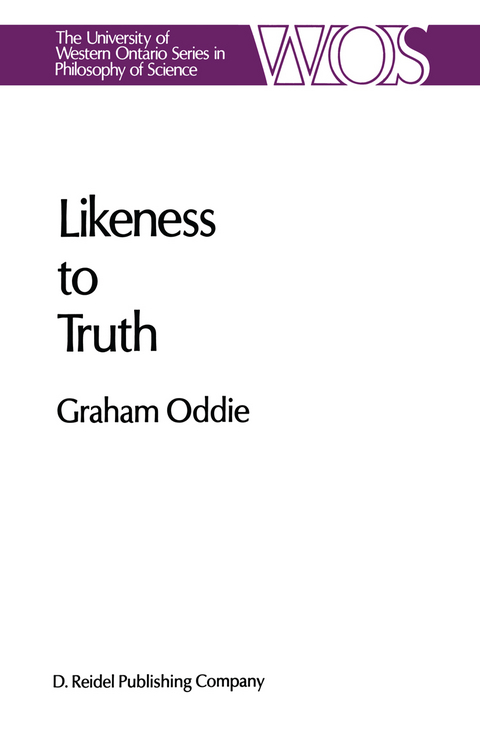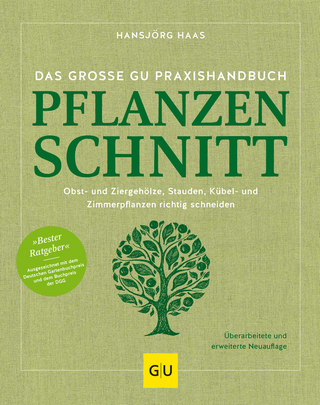
Likeness to Truth
Springer (Verlag)
978-94-010-8570-0 (ISBN)
One: Truth and Closeness to Truth.- 1.1 The problem of truthlikeness.- 1.2 Explications and intuitions.- 1.3 Some adequacy conditions.- Notes.- Two: Popper on Truthlikeness.- 2.1 Truthlikeness in Popper’s methodology.- 2.2 Truthlikeness by truth content and falsity content.- 2.3 Measuring truth content and falsity content.- Notes.- Three: Distance in Logical Space.- 3.1 Conceptual frameworks and possible worlds.- 3.2 Distance between propositions.- 3.3 Measuring the symmetric difference.- 3.4 Truthlikeness for a propositional framework.- 3.5 Truthlikeness by similarity spheres.- Notes.- Four: Truthlikeness by Distributive Normal Forms.- 4.1 Languages and pictures.- 4.2 Worlds and interpretations.- 4.3 Constituents in a first-order language.- 4.4 The symmetric difference on constituents.- 4.5 The propositional measure extended.- Notes.- Five: Beyond First-Order Truthlikeness.- 5.1 Questions, answers, and propositional distance again.- 5.2 Infinitely deep theories and ultimate questions.- 5.3 Higher-order frameworks.- 5.4 Verisimilitude and legisimilitude.- Notes.- Six: Truthlikeness and Translation.- 6.1 Invariance under translation.- 6.2 The identity of states of affairs.- 6.3 Coactualisation and structure.- 6.4 Two criticisms of the structure argument.- 6.5 Numerical accuracy, confirmation and disconfirmation.- 6.6 Privileged properties.- Notes.- Seven: Truthlikeness, Content, and Utility.- 7.1 The content condition.- 7.2 The attractions of brute strength.- 7.3 Epistemic utilities.- 7.4 Accuracy and action: a conjecture.- Notes.- 8.1 First-order languages and their interpretations.- 8.2 Higher-order languages.- 8.3 Examples J and K formalized.- 8.4 First-order normal forms.- 8.5 Permutative normal forms.- 8.6 The distance between constituents.- Notes.- References.
| Reihe/Serie | The Western Ontario Series in Philosophy of Science ; 30 |
|---|---|
| Zusatzinfo | 236 p. |
| Verlagsort | Dordrecht |
| Sprache | englisch |
| Maße | 155 x 235 mm |
| Themenwelt | Sachbuch/Ratgeber ► Natur / Technik ► Garten |
| Geisteswissenschaften ► Philosophie ► Logik | |
| Mathematik / Informatik ► Mathematik ► Allgemeines / Lexika | |
| Mathematik / Informatik ► Mathematik ► Logik / Mengenlehre | |
| ISBN-10 | 94-010-8570-6 / 9401085706 |
| ISBN-13 | 978-94-010-8570-0 / 9789401085700 |
| Zustand | Neuware |
| Haben Sie eine Frage zum Produkt? |
aus dem Bereich


